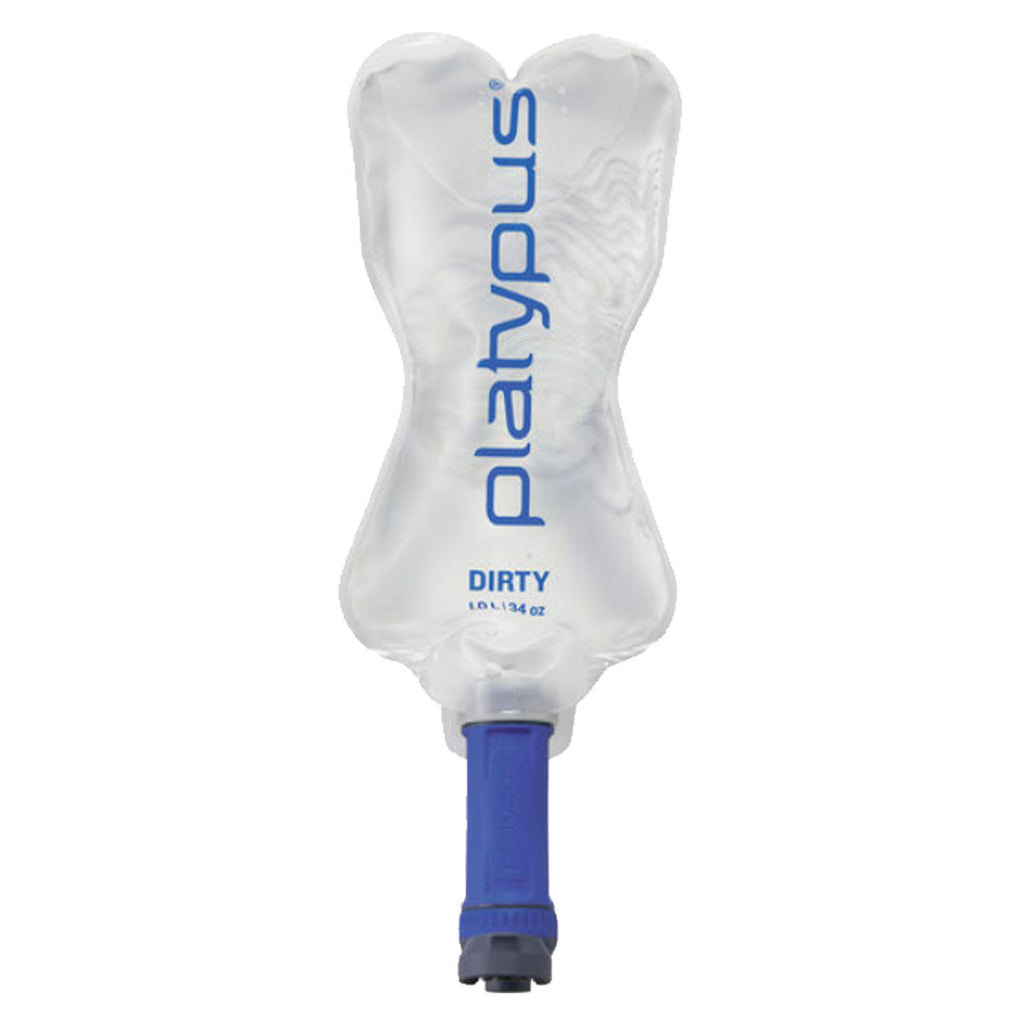

The last thing you want is a gastrointestinal infection which depletes your body of water, electrolytes, and strength.As a backpacker, you are likely to be at less than 100% strength after a few tough days on the trail.These organisms might be brand new to you if you're visiting a new part of the world, or of a particular strain which will challenge your immune system. Those are signs that animals and humans prefer this location, and when they visit, they are likely to spit, poop, pee, and spread their normal flora around (microbes in their digestive tract and on skin). Take a good look around your potential water source before you bend over.ĭo you see a lot of footprints, tracks, disturbed vegetation, scuffed up rocks, piles of animal poop? And you don't want a clogged filter or a long wait time for debris to settle out.You don't want heavy run off and turbulence to increase the odds of running into fecal contaminants if you can avoid it.Try to get to your water sources right before a big dump of rain.Īnd wait several hours until a turbulent stream flow settles down. If you go backpacking enough times, you're going to go through a deluge. If green, algal-y (word invention?) is all you've got, there are other ways to get that water clean enough to drink, so keep reading. Gravity sedimentation will remove some of the murk, insect eggs and plant debris, but it still might be challenging to pull it through a filter.Stagnant, murky water has several problems, such as clogging a filter and hosting mosquitoes (never fun to swallow) Passing animal (and I hate to say it, a human in a hurry).

If you can get away from the shoreline a bit, perched on a log or rock, that'sĮven better because there is less chance of a random pooping event from a Having the patience to wait a few minutes before gathering your water, also helpful.If you have to wade out into the water clutching a cooking pot, don't go in like a raging bull slow, soft steps will avoid churning things up. Helped pull debris and microorganisms into the bottom layers. Your water from the top layer of the lake or pond, because gravity has Your backup choice would be water that has had time to settle and is relatively cool and clear. What if there are no flowing streams handy as a water source? Less likely to pick up lurkers in your water because they have a toughĪh, if only we could all hike in such lovely places! Backpacking water purification would be one less thing to worry about and prepare for on our gear lists. You can find a fast moving water source like that, you're Notice the emphasis on flowing, cold and clear water.Lots of surface water looks clean: a sparkling stream cascading down the rocks from snow melt or a glacier, for instance. Which type of surface water should I go for? We'll start with a question that you'll have to answer again and again on a backpacking trip. It's going to take a bit of time to work through all of the options for clean hiking water here on this page, so please hang in there. So you're going to have to learn some backpacking water purification and treatment strategies.You cannot carry all of the water you're going to need from your own household tap.Yuck, right?īefore you vow to drink not one drop of surface water on your trip, le t's take a clear eyed look at the problem of providing yourself with safe hiking water on an extended backcountry trip. Sometimes all it takes is 10 little organisms, or a few cysts, to knock you out for days. They have one mission in life: to seek and find a gut in which to reproduce.Īnd for you, that means diarrhea, dehydration and other non-fun issues to deal with on a backpacking trip if you play host to one of these invaders. Microscopic troublemakers are left behind when people and animals leave sweat, feces or urine in ponds, lakes and streams: It's the only way to avoid picking up digestive infections such as beaver fever i.e. Water treatment has unfortunately become the rule for backpackers. Backpacking water purification is an absolute must if you are venturing into areas with untreated surface water as your only drinking water source.


 0 kommentar(er)
0 kommentar(er)
